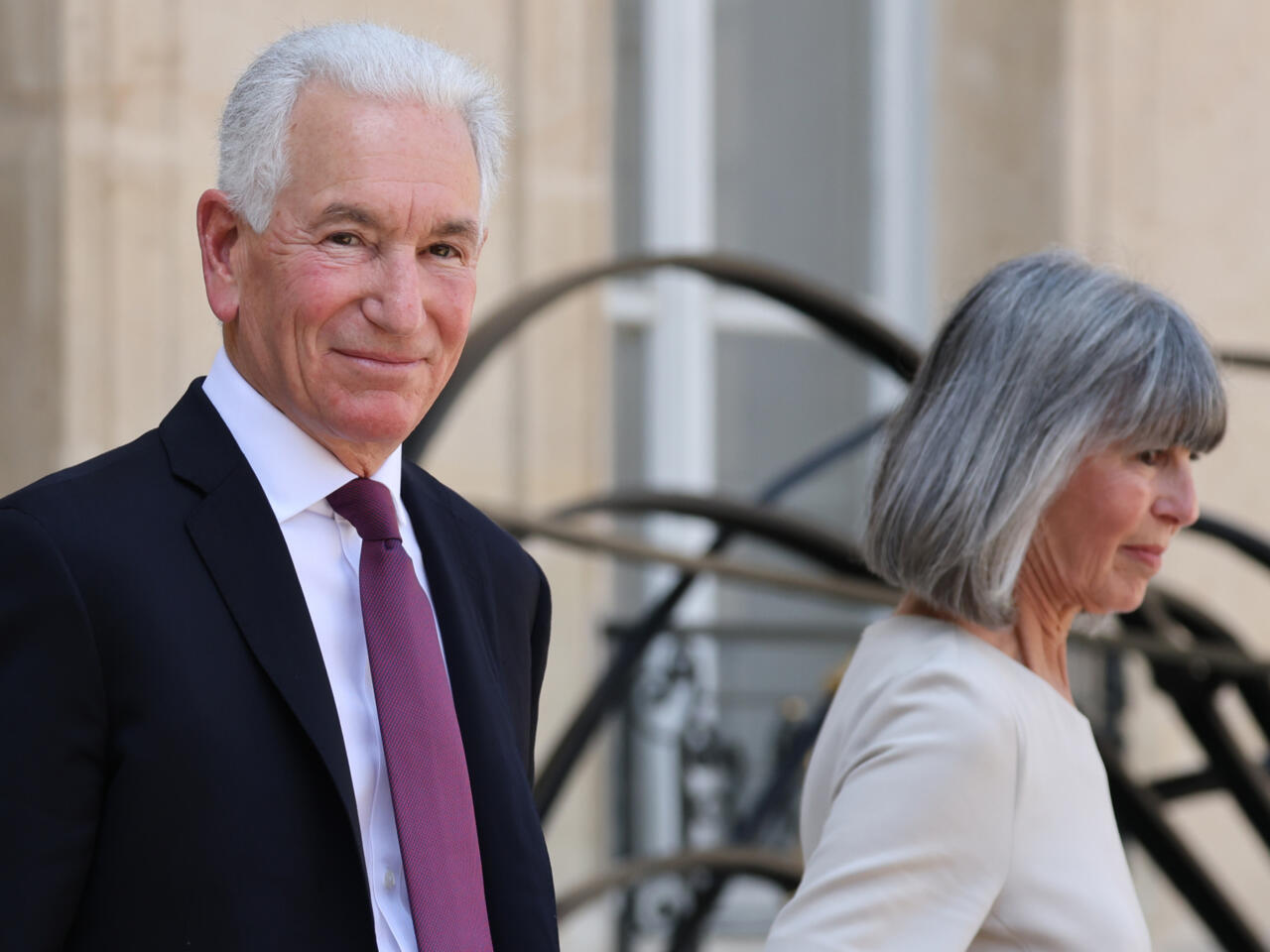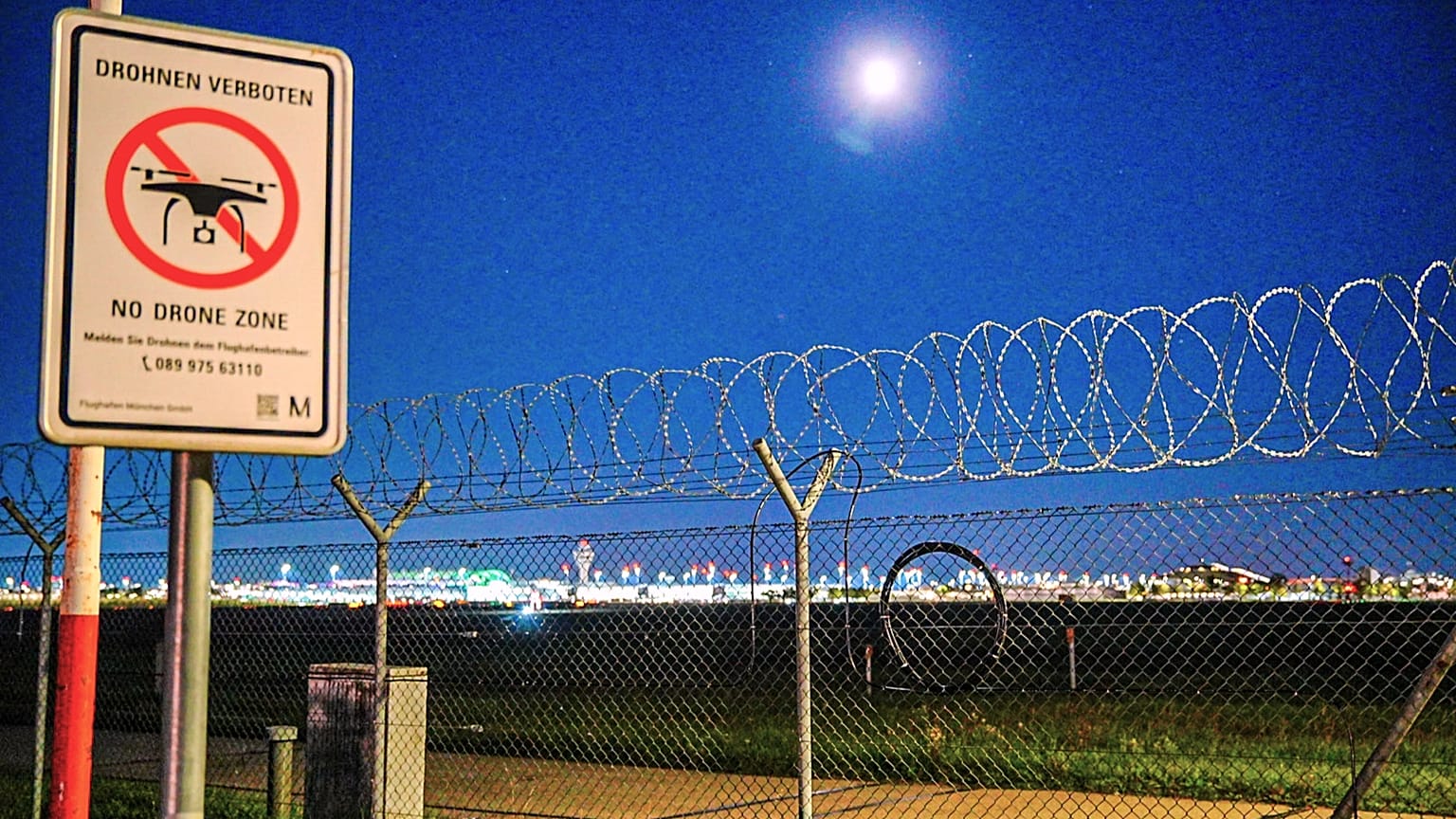France has made an important decision by calling in the United States ambassador following a contentious letter that claimed the French authorities had not adequately tackled antisemitism. This diplomatic action highlights the delicate nature of the topic and its potential impact on Franco-American interactions, as well as the worldwide struggle against hate speech and bias.
The letter, which has ignited significant discussion, allegedly reproached France for its handling of antisemitism, indicating that the government’s actions have been insufficient given the increasing worries. For French officials, this allegation was not only surprising but also viewed as a direct challenge to the country’s long-held position on equality and secularism.
A matter of national principles and international perception
France has historically positioned itself as a staunch defender of liberty, equality, and fraternity—principles deeply embedded in its constitution and cultural identity. However, recent years have seen an uptick in antisemitic incidents, leading to increased scrutiny from both domestic and international observers. The government has repeatedly stated its commitment to fighting all forms of discrimination, including antisemitism, but critics argue that more decisive measures are needed.
Summoning the US ambassador reflects France’s determination to address what it perceives as an unfounded and unfair characterization. Diplomats familiar with the matter suggest that the meeting aimed to seek clarification and reaffirm France’s position, while emphasizing its ongoing efforts to safeguard the rights and security of its Jewish community.
Increasing worries about antisemitism across Europe
The issue of antisemitism is not confined to France; it is a growing problem across Europe. Several countries have reported an increase in antisemitic attacks, hate speech, and vandalism targeting Jewish communities. This troubling trend has reignited debates over freedom of expression, religious tolerance, and the role of governments in preventing hate crimes.
France, which hosts one of the most significant Jewish communities in Europe, has encountered unique difficulties in handling these issues. Officials have initiated awareness programs, boosted protection in vulnerable zones, and pursued legal proceedings against offenders. However, advocacy organizations and certain politicians argue that these efforts are insufficient to eliminate the deep-seated reasons for animosity.
Political consequences and diplomatic conflicts
The correspondence from the United States, which has been extensively covered in media outlets, introduces a diplomatic layer to an already intricate matter. Despite the strong bilateral relations between Washington and Paris, there are instances when their stances on human rights and civil liberties diverge. This recent dialogue highlights the influence that nuanced cultural and social matters can exert on international diplomacy, even among enduring allies.
Al convocar al embajador, France está enviando un mensaje claro: no permitirá que sus esfuerzos sean debilitados por críticas externas sin dar una respuesta. Se espera que las autoridades francesas presenten pruebas detalladas de las iniciativas del país para combatir el antisemitismo, reforzando su narrativa de que el gobierno aborda seriamente la amenaza y actúa dentro del marco de los valores democráticos.
Broader debate on accountability and responsibility
Esta controversia también plantea cuestiones fundamentales sobre cómo las naciones se responsabilizan mutuamente en temas de derechos humanos. ¿Deben los aliados señalar públicamente las deficiencias percibidas, o trabajar en privado para fomentar el avance? No hay una respuesta sencilla. Algunos sostienen que la crítica pública puede motivar cambios, mientras que otros piensan que podría alejar a los socios y alimentar sentimientos nacionalistas.
As this scenario develops, both France and the United States must find a middle ground between honesty and diplomacy. The main objective remains the same: to eradicate antisemitism and guarantee the security and respect of Jewish communities globally.
The conversation sparked by this diplomatic episode is far from over. Observers will be watching closely to see whether the controversy leads to deeper cooperation on combating antisemitism or adds strain to an otherwise strong alliance. What is clear, however, is that the issue at hand goes beyond politics—it touches on the fundamental values of tolerance, equality, and mutual respect that both nations claim to uphold.
As communities face increasing extremism and division, the obligation to address hatred in every form becomes even more urgent. Be it via education, policing, or global cooperation, the battle against antisemitism requires steadfast dedication and true unity.





